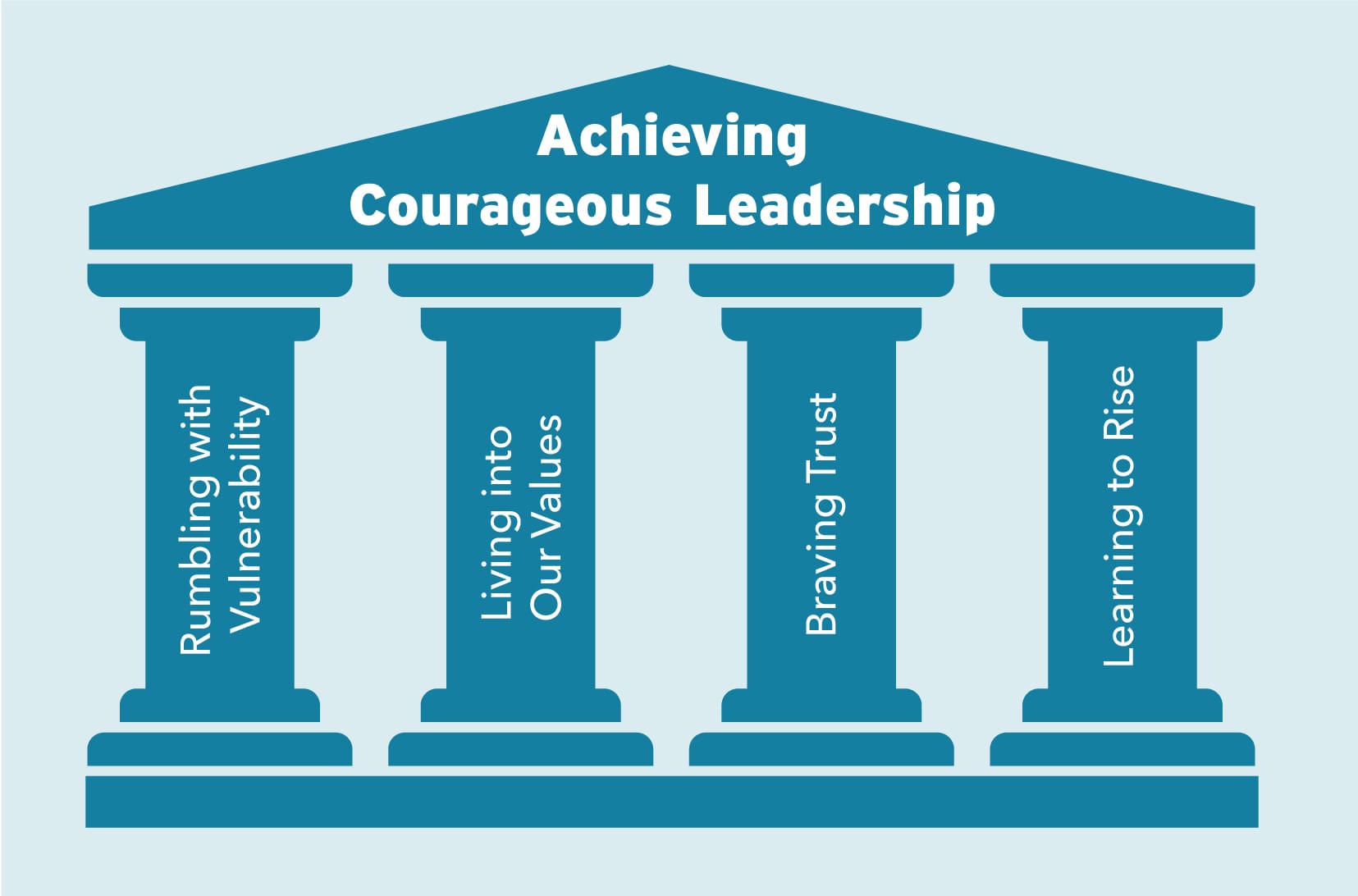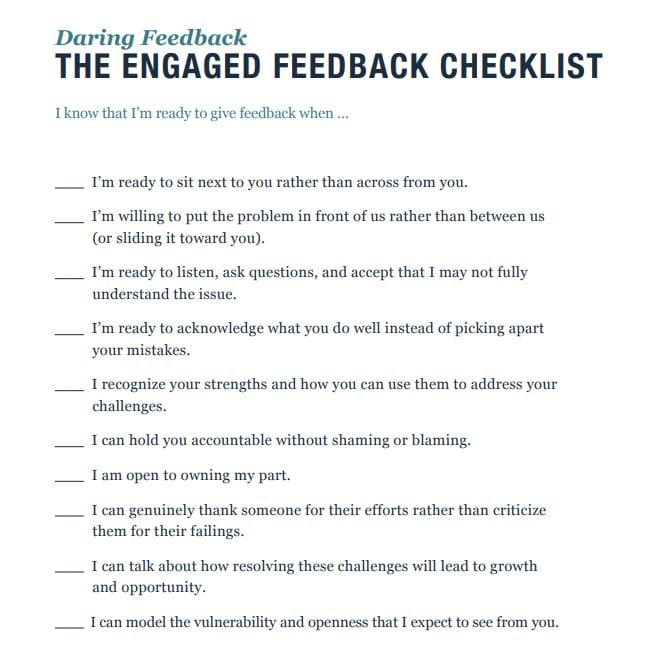
Compare Providers
Download our outplacement comparison sheet
Request Pricing
Compare our rates to other providers
It’s time for another riveting edition of our favorite blog series here at Careerminds:
#HRBOOKCLUB!
This month, we read the book that has been trending everywhere this year: Dare to Lead by Brené Brown. If you don’t know who Brown is, a) I’m worried about your news habits, and b) you should get to know her immediately.
Her research is defining a generation of HR professionals whose goals are to create a more caring, empathetic, and overall better workplace. And if you don’t want to read Dare to Lead, Netflix just published one of her recent talks, or you can watch her numerous online videos. (Sorry about the deep internet rabbit hole I just sent you down, but I promise it’s worth it!)
I loved reading Brown’s book, even though I felt like some of the points she made were obvious. I’m a pretty emotionally aware and intelligent person (humble, too, as you can see), so some of things she was pointing out I already knew! But then I had my partner read it, who unfortunately, is not as emotionally blessed as I am, and he felt like someone had made him the guidebook to becoming better at leading and having relationships at work.
So, how you’ll feel about this book really depends on where you are with your own emotional awareness and growth in your personal career. Nevertheless, I still took at least 20 different tips away from the book that I’ve begun to apply in my everyday work life.
Just like our last book club, here are my top five takeaways from Brown’s book:
Being Vulnerable Is a Good Thing
My number one takeaway from this book was that being vulnerable can actually be a good thing, which is funny, because a lot of times we are taught the opposite: that vulnerability means that you’re a weak leader.
And that couldn’t be more false.
Being vulnerable means being honest about what you’re going through in work and life, and communicating that to your team.
Now, it doesn’t mean going into details about every aspect of your life with your team members. But it does mean addressing issues in an open way.
For example, if your team is struggling to meet numbers and you have to increase performance by the end of the year, you could address your team by saying: This is really hard, and I’m not sure how we are going to achieve this goal. But I believe in us, and have faith that we will be able to work together to come up with a plan that will lead us to being successful.
Yes, you are vulnerable by admitting that you too are overwhelmed by the situation, but you’re also showing leadership by leading yourself and others through that vulnerability.
We Need More Brave and Courageous Leaders
Studies show that our businesses are suffering from a lack of brave leaders and courageous cultures.
To excel in a world where business is getting more and more competitive, we need leaders and cultures that can succeed through it all. And that takes bravery and courage.
Here are some of the issues that hold us back from having bravery or courage:
- Avoiding tough conversations
- Managing behaviors instead of addressing problems
- Lacking of trust between employees, coworkers, and managers
- Perfectionism and fear keep people from taking risks
There Are Four Pillars to Achieve Courageous Leadership
Here they are:
- Rumbling with Vulnerability
- Living into Our Values
- Braving Trust
- Learning to Rise
Being a courageous leader means leaning into fears and working through them in a way that leads to success. Getting okay with being vulnerable, being true to ourselves, trusting our teams, and working together through tough situations, are the optimal skills for a leader in the future of work.
You Must Be As Clear As Possible
Being clear is kind and being unclear is unkind. If you’ve been keeping up with our blog for a while, you know that at Careerminds we’re obsessed with Radical Candor, or the process of giving feedback directly while caring personally.
Brown really takes this to the next level by providing tips on how to give feedback in a way that is truly impactful to your team.
Here is one of my favorite checklists explaining her thoughts around feedback:
I now have this saved to my computer and look at it before I give someone feedback, just to make sure that I’m putting my best foot forward before I go in for a “rumble.” (See what I did there? ;))
The Importance of Psychologically Safe Spaces
Before tough discussions, and at work in general, it’s important to create psychologically safe spaces. Going from one meeting to the next in your day, and being thrown into a tense conversation all of the sudden, can be unsettling.
Take time to allow everyone to speak, talk about how they feel, and really open up. Make sure everyone can talk openly and freely. You need to get one of those kum-bay-yah moments where everyone feels connected and safe!
Then, talk about the steps forward or the hard goal you’re up against.
If you create that safe space ahead of time, people will be so much more open to the discussion and will go along with the course of action you choose much easier, since they will feel like they were involved.
These five tips are just the tip of the iceberg when it comes to all of the advice and information Brown shares in this book. I highly recommend it to anyone who loves business books or is looking to grow their leadership skills.
In need of outplacement assistance?
At Careerminds, we care about people first. That’s why we offer personalized talent management solutions for every level at lower costs, globally.





